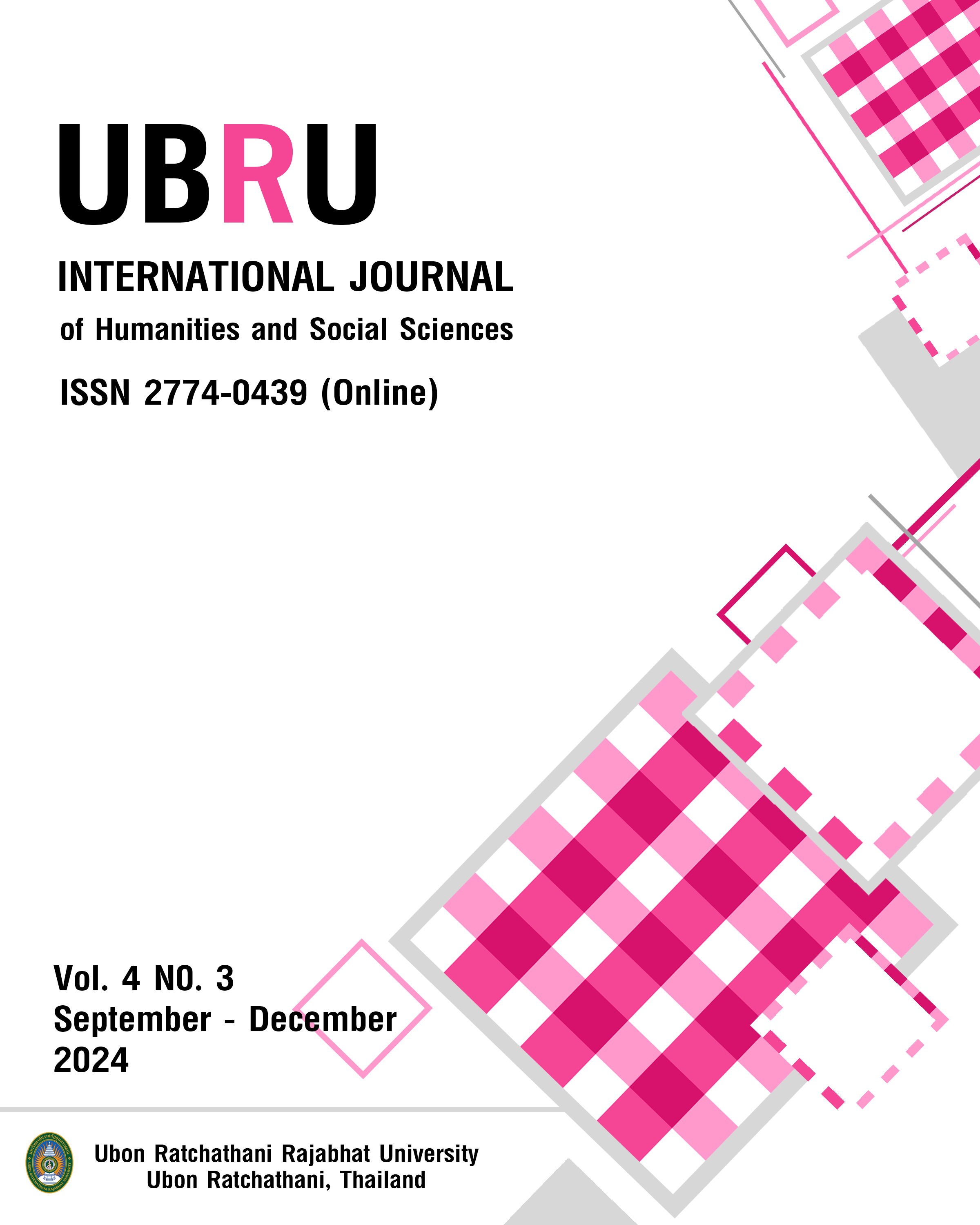The Impact of Knowledge Workers' Sense of Professional Mission on Turnover Intention Research From the Lawyer Industry
Main Article Content
Abstract
This article takes the sense of professional mission in the work value orientation of knowledge-based employees as the independent variable, turnover intention as the dependent variable, and professional identity as the mediating variable to empirically test the impact of the sense of professional mission in the work value orientation on the turnover intention of knowledge-based employees, as well as the mediating role of professional identity in it. Based on career construction theory, social exchange theory, and self-determination theory, a hypothetical model of the relationship between career mission, career identity, and turnover intention is proposed. The research results indicate that the sense of professional mission of knowledge-based employees has a significant positive impact on career identity and turnover intention. The relationship between professional identity and the sense of professional mission and turnover intention is partially mediated by professional identity.
Article Details
References
Bellah. (1985). Habits of the Heart: Individualism and Commitment in American Life. Berkeley, CA: University of California Press.
Dobrown, S. R.,&Tosti Kharas, J. (2012). Listen to your heart? Calling and receiving to career advice. Journal of Career Assessment, 20(3), 264-280.
Gu, Y.D. and Peng, J.S. (2011) The Mechanism Study of the Creativity Self-Efficacy Sense Impact on Employee Innovative Behavior. The Management of Scientific Research, 9, 63-73.
Mobley, W. H., Griffith, R. W., Hand, H. H.,&Meglino, B. M. (1979). A review and conceptual analysis of the employee turnover process. Psychological Bulletin, 86(3), 493-522.
Moore, M., & Hofman, J. E. (1988). Professional identity in institutions of higher learning in Israel. Higher Education, 17(1), 69-79. https://doi.org/10.1007/BF00130900
Ryan D. Duffy, Bryan J Dik, Michael Steger. (2011). Calling and work-related outcomes: Career commitment as a mediator. DOI:10.1016/j.jvb.2010.09.013
Xizhou Tian, Yongjian Pu. (2008). An artificial neural network approach to hotel employee satisfaction: The case of China. DOI:10.2224/sbp.2008.36.4.467
Wei Shuhua. (2008). Research on Teacher Professional Identity, Doctoral Dissertation, Southwest University.
Zhang, Y., Farh, J. L.,&Wang, H. Organizational ants of employee perceived organizational support in China: a grounded investment.


